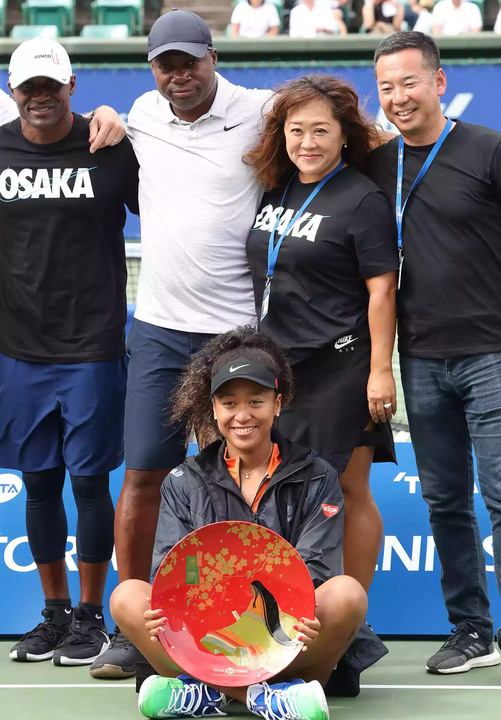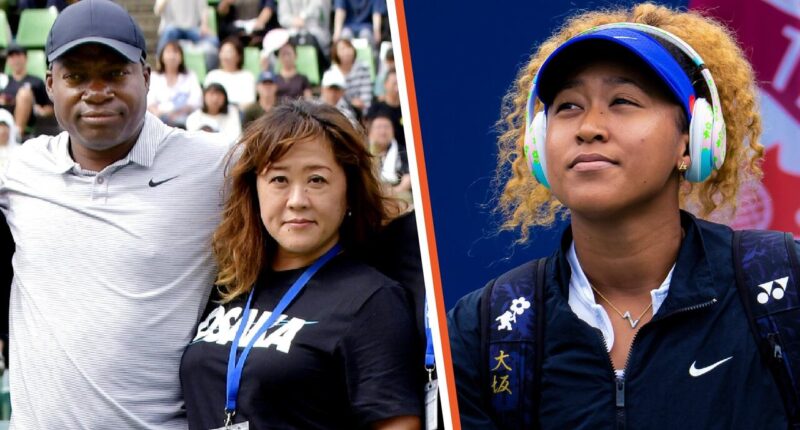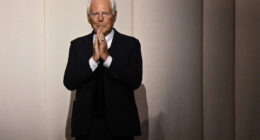Naomi Osaka’s story is a fascinating thread of cultural pride, family influence, and legal nuance. Born in Japan to a Japanese mother and a Haitian-American father, she moved to the United States at age three and grew up training in Florida. Despite being raised in the U.S., her parents decided early on that she would represent Japan, a choice that felt authentic to her identity.
As her mother, Tamaki, explained, “She was born in Osaka and was brought up in a household of Japanese and Haitian culture. Quite simply, Naomi and her sister Mari have always felt Japanese.” This familial connection to her birthplace was the cornerstone of her decision, not financial incentives or pressure from sports federations.
You Might Like: Was Giorgio Armani Gay?
The Citizenship Choice: More Than Just Olympics
In 2019, as Naomi Osaka approached her 22nd birthday, she faced a legal requirement: Japan’s Nationality Act mandates that dual citizens must choose one nationality before turning 22. While many assume she gave up her U.S. citizenship solely to play for Japan in the Olympics, that’s only part of the story. Olympic rules actually allow dual citizens to choose which country they represent, so she could have technically kept both passports and still played for Japan. However, Japanese law requires dual citizens to “make an effort” to relinquish their other citizenship, though in practice, the government often turns a blind eye through a “don’t ask, don’t tell” policy.
For Naomi, the decision was straightforward. She had already been competing under the Japanese flag since she was 14, and representing Japan felt natural. As she once reflected, “I’ve been playing under the Japanese flag since I was 14. It was never even a secret that I was gonna play for Japan for the Olympics.” But the process wasn’t just bureaucratic; it was emotional. Some critics questioned whether her choice meant rejecting her Black identity, to which she responded, “African American isn’t the only Black, you know?” Her identity is a blend of all her roots: Japanese, Haitian, and American.

On the U.S. side, renouncing citizenship is no simple task. It involves a convoluted process, including two trips to a U.S. embassy, a $2,350 fee, and proving to authorities that the decision isn’t for tax avoidance purposes. For high-earners like Naomi, there could even be an exit tax. Thankfully, she had a team of advisors to handle the complexities while she focused on tennis.
Also See: Giorgio Armani Net Worth 2025: His House & Fortune Revealed
A Multicultural Identity Beyond Borders
Naomi Osaka’s choice to represent Japan is more than a legal formality; it’s a reflection of her multifaceted identity. She often speaks proudly of her Haitian heritage, waving the Haitian flag at tournaments and supporting charitable causes through her Osaka Foundation. In her own words, “I’m all of these things together at the same time.” She loves Japanese cuisine and culture, and admires the positivity and resilience of Haitian people.
Her decision also aligns with practical considerations. Japanese citizenship offers tax advantages, as Japan typically taxes only residents on their income, unlike the U.S., which taxes citizens globally. Additionally, her sponsorship deals are largely with Japanese companies, which may find her more relatable as a Japanese citizen.
But beyond legality and logistics, Naomi Osaka’s story challenges rigid notions of nationality and race. She has become a symbol of modern Japan—diverse, inclusive, and globally connected. Whether she’s lighting the Olympic cauldron in Tokyo or advocating for social justice, she carries all her cultures with her. As she continues to compete in 2025, now as a mother and a veteran athlete, she embodies the idea that identity isn’t about choosing one label over another. It’s about embracing every part of who you are.









